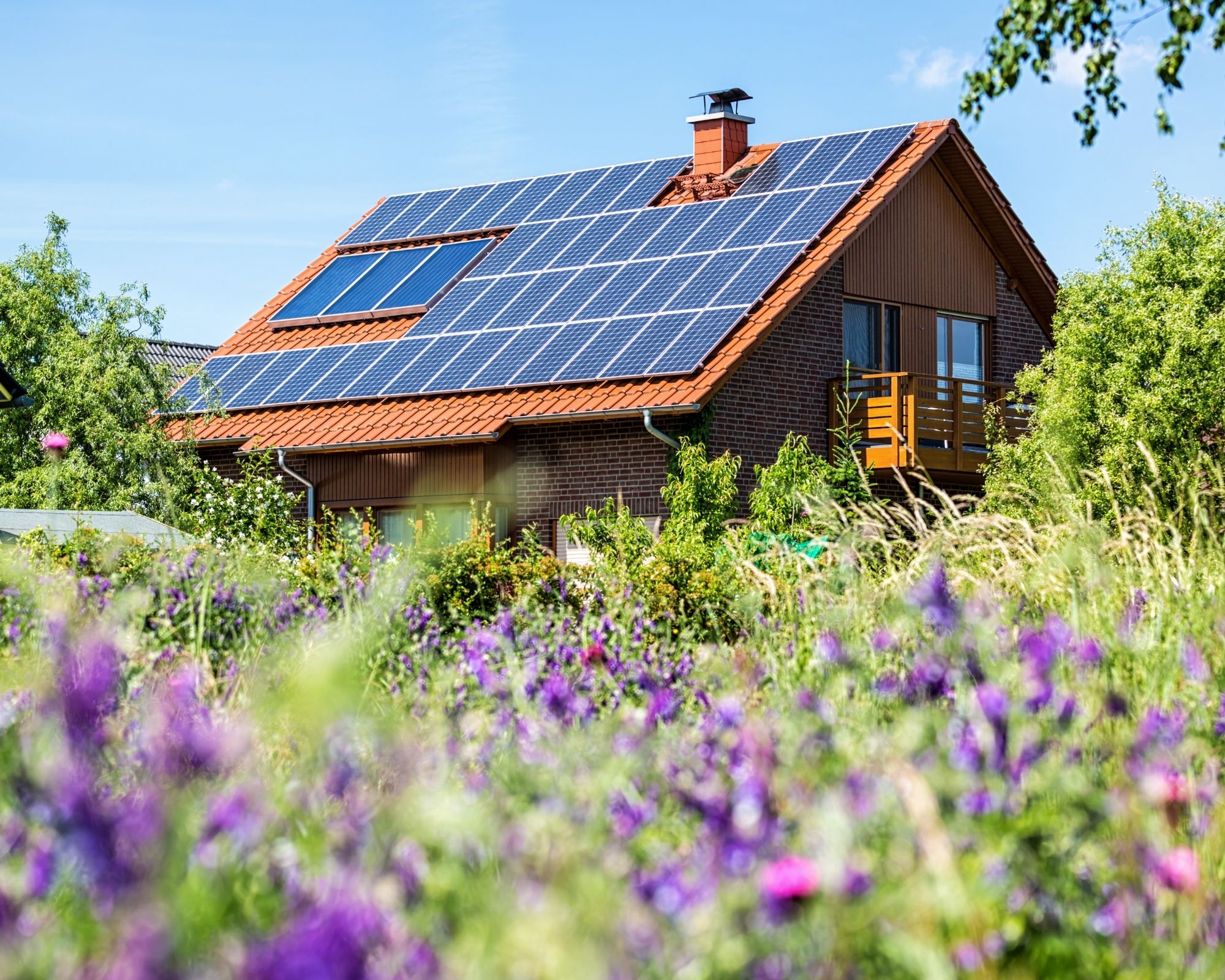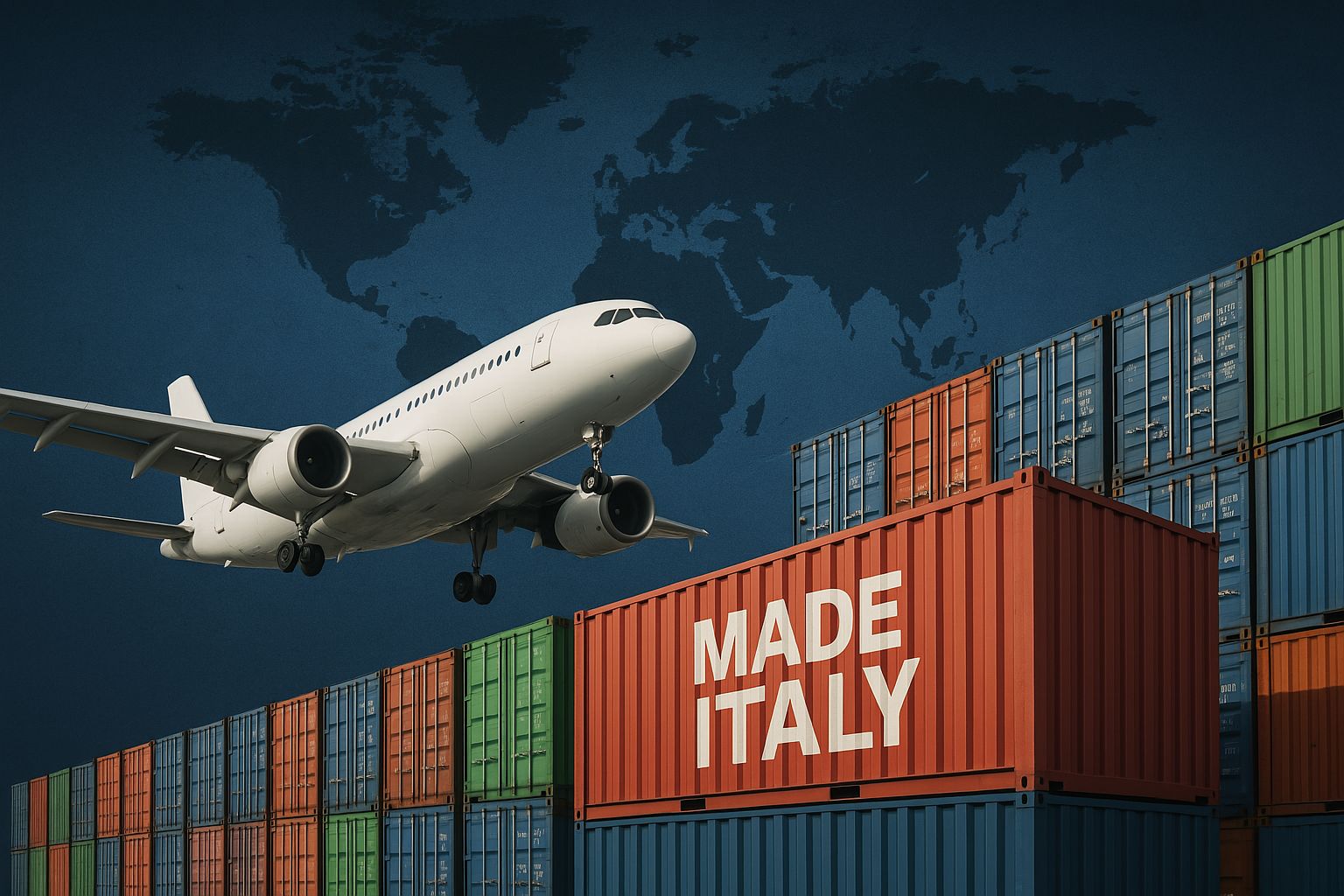How influential is a country like China in the photovoltaic market? The answer is simple: a lot. The “country of the dragon” certainly holds sway in the production of panel components and in their assembly. In fact, despite the pandemic effects, according to Eurostat, in 2020 3 out of 4 solar panels entering the EU’s borders came from China, with a turnover approaching 8 billion euros. And in 2021 exports from the Asian country grew by 60% undoubtedly boosted by initiatives such as Italy’s 110% “superbonus”, which provides significant non-repayable financing for those who decide to renovate old buildings, giving them higher efficiency in terms of energy classes, including solar panels. On 18 May, however, the European Union proposed an action plan called ‘Repower EU’, which consists of a series of measures to be taken to drastically reduce emissions by 2030. Underlying this is a strong desire to sharply reduce the dependence on Russian gas of some member states (Germany and Italy in primis) by putting 300 billion on the table to invest in clean energy, among which the plan to double the European production of solar panels certainly stands out. A further proposal is to introduce the mandatory installation of solar panels on all buildings in Europe by 2029.
This strategy, however, doesn’t take into consideration China: since it has an almost monopoly role, it is certain that in the short term supplies for the production of European panels will be provided by Beijing, also stimulated by a shortage of manufacturing and assembling companies in the Union. China also holds an important record on the minerals needed for the ecological transition, having at its disposal almost all of the world’s needs.
But according to a dossier published by the University of Sheffield, one of the essential components of the panels, polysilicon (45% of which is produced in the north-western region of Xinjiang) is produced by the Uighurs, a Muslim minority driven into forced labour, deportations and concentration camps. Since the US and the EU have approved specific measures against the purchase of products from slavery situations and where human rights are not respected, there will inevitably be delays in construction.
So in the short term it is certain that Europe will rely on China for essential raw materials, hoping for complete self-sufficiency by 2030. There are, however, supply alternatives that must be evaluated very carefully.
✅ Edited by the Italian office of Pangea Studio Associato
Valentina
📞(39) 0687155256



